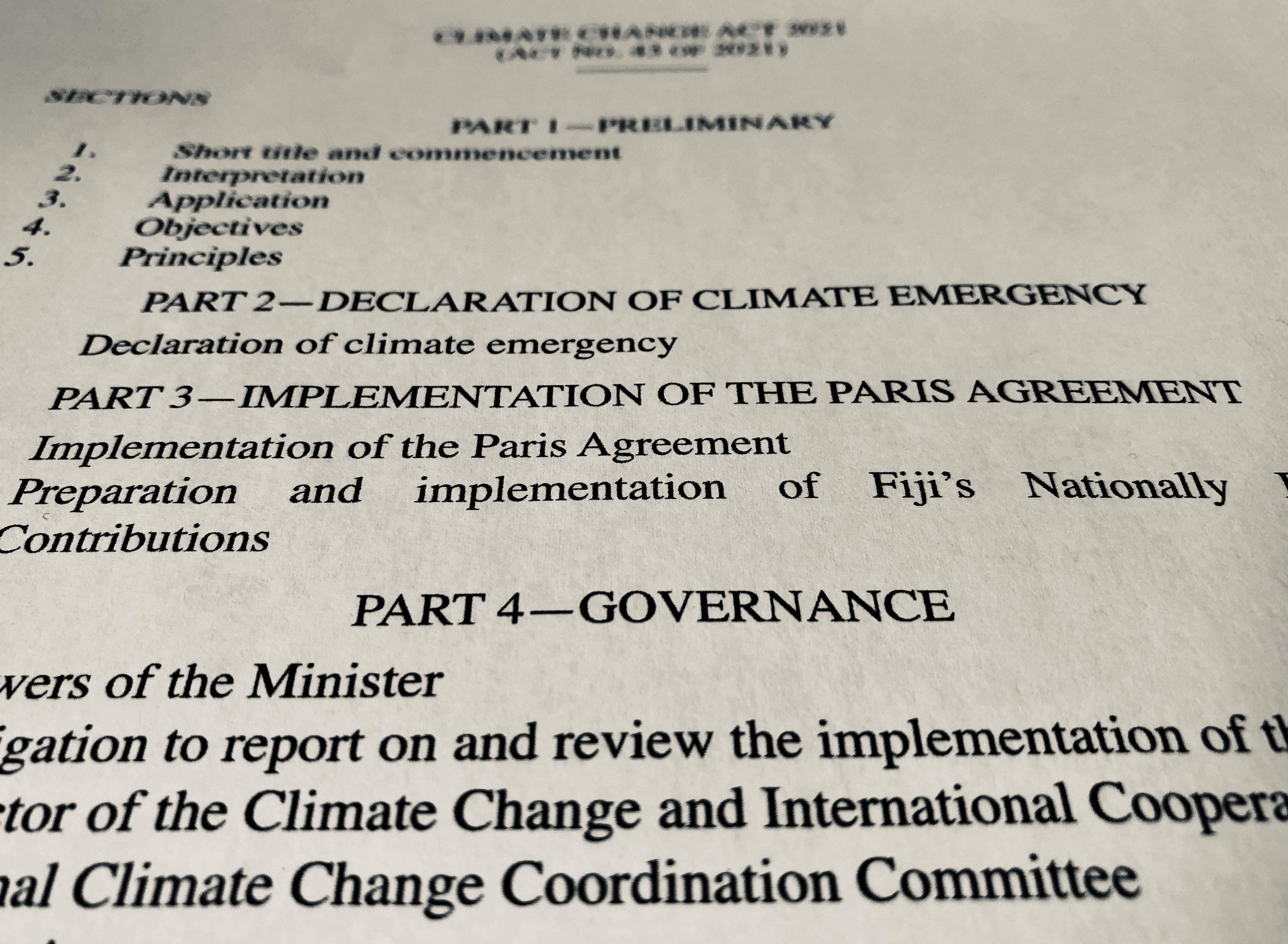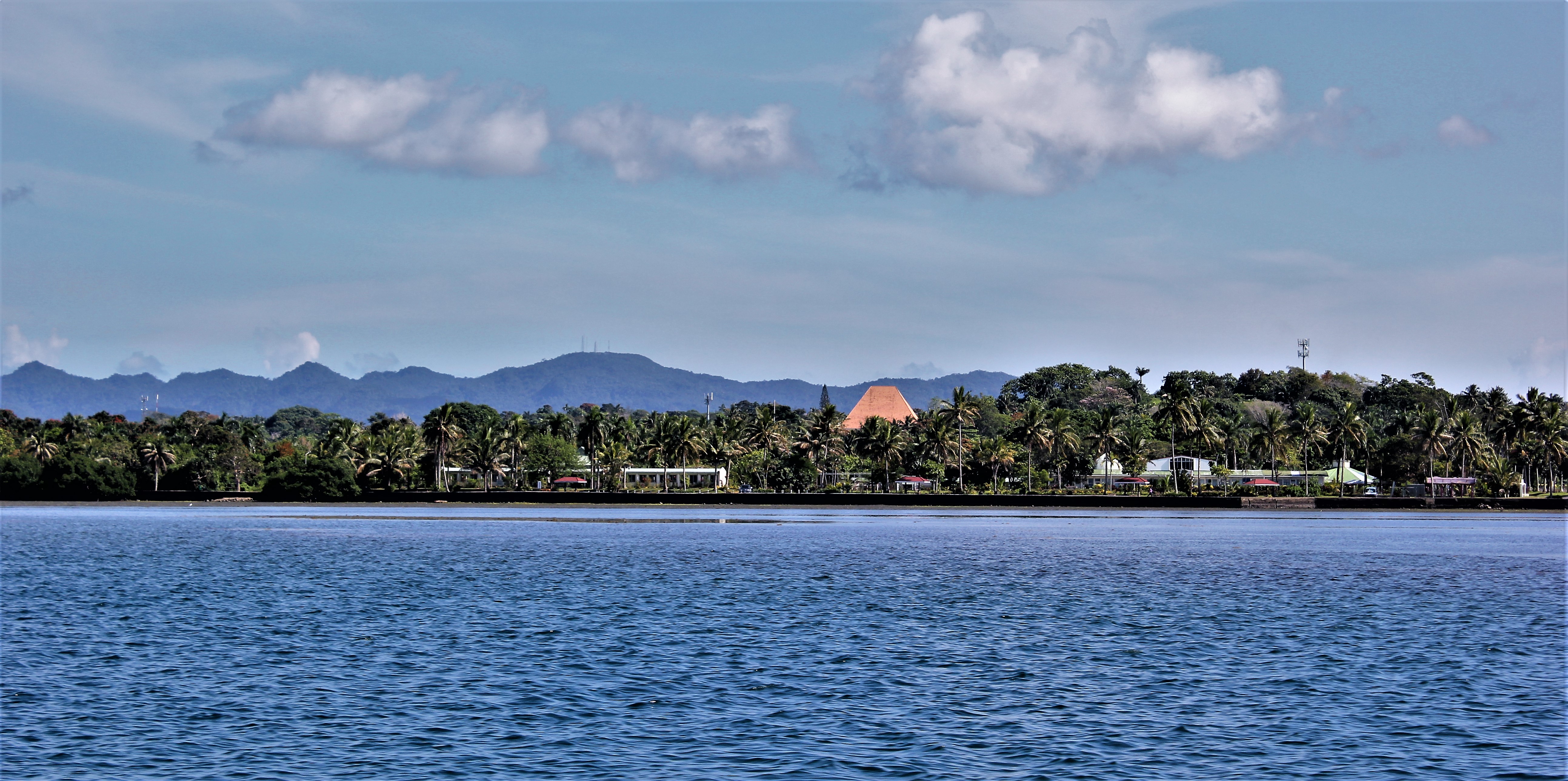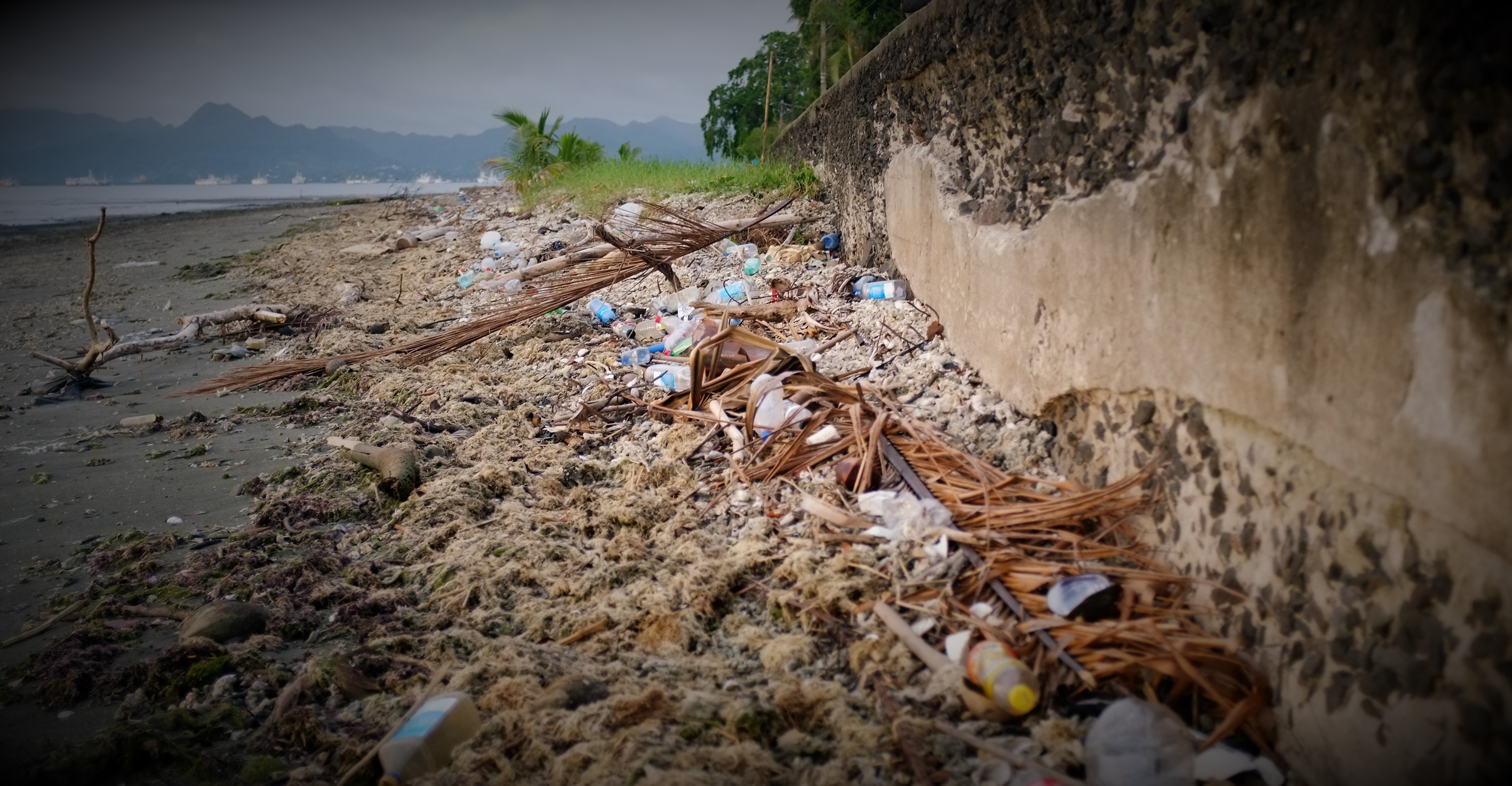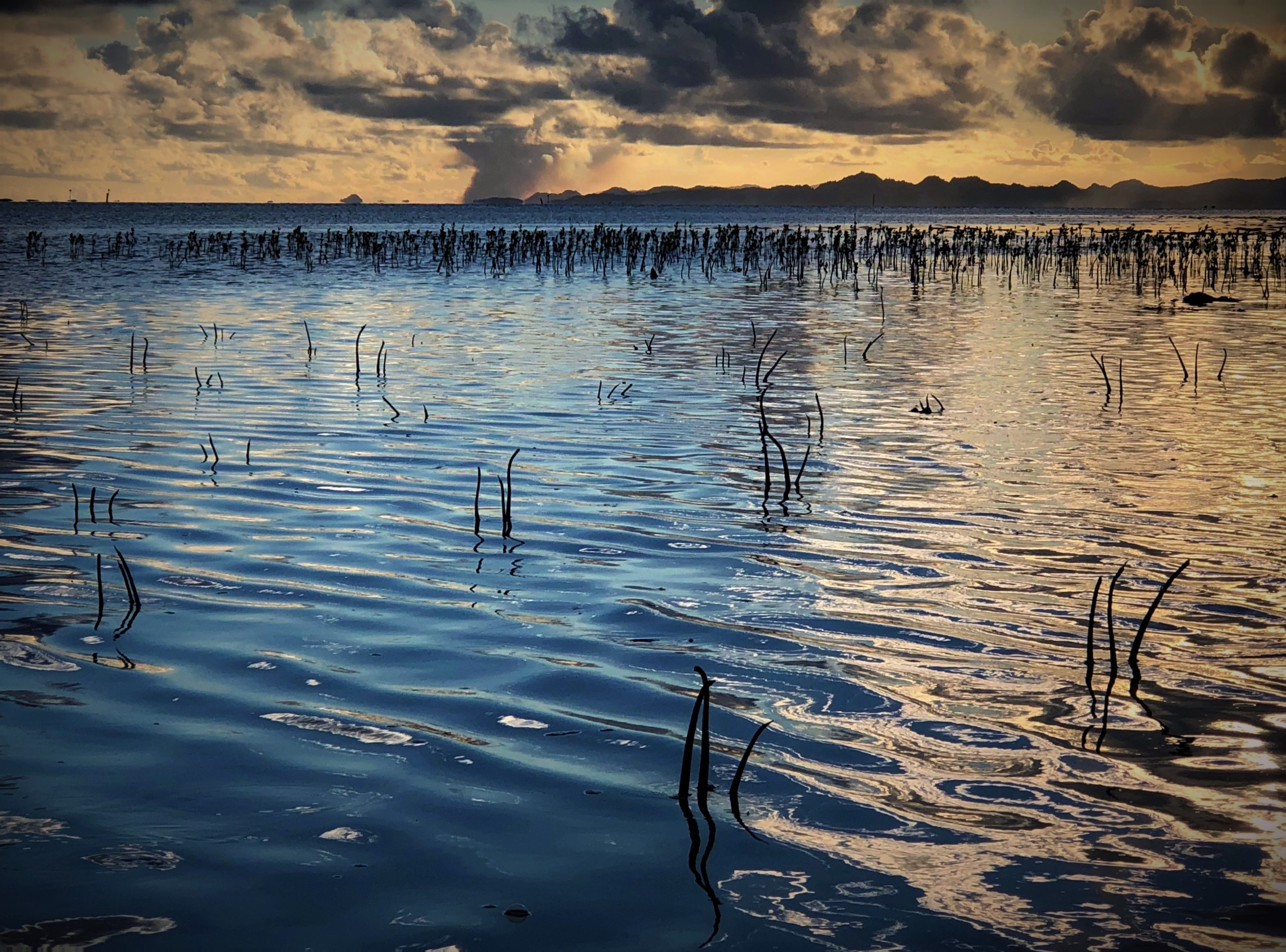On 12 May 2020, Fiji’s Ministry of Economy[1] published a working draft of Fiji's first National Ocean Policy (NOP) and opened it up for public consultation. The period of public consultation will end on 25 May 2020. [Editor's note: our firm made its submission on 24 May 2020 and amongst other submissions, we respectfully submitted, in accordance with our analysis below that extending the time to consult on the draft NOP beyond 25 May 2020 would be welcome.]
The NOP represents a step forward for Fiji’s ocean governance in that it endeavours to consolidate ocean initiatives through its aim to increase integration between Fiji government Ministries[2]. As the NOP explains Fiji is blessed with large areas of ocean and marine resources that it has both rights to use but responsibility to manage. These ocean areas accommodate numerous and sometimes competing uses and may be adversely impacted by a range of development activities that are regulated by different government Ministries or Departments. National oceans governance is therefore notoriously difficult unless there is a single vision or policy that commits all of government to follow and implement in an integrated way.
As a small group of Fijian and Fiji-based lawyers, with an interest in law of the sea, oceans governance, traditional rights, and Fiji’s unique law and governance system we provide our analysis of the draft NOP and provide some respectful suggestions for consideration as part of the important consultation process. We note at the outset that we fully support this initiative by the Fiji government and are pleased that this process is being locally driven.







